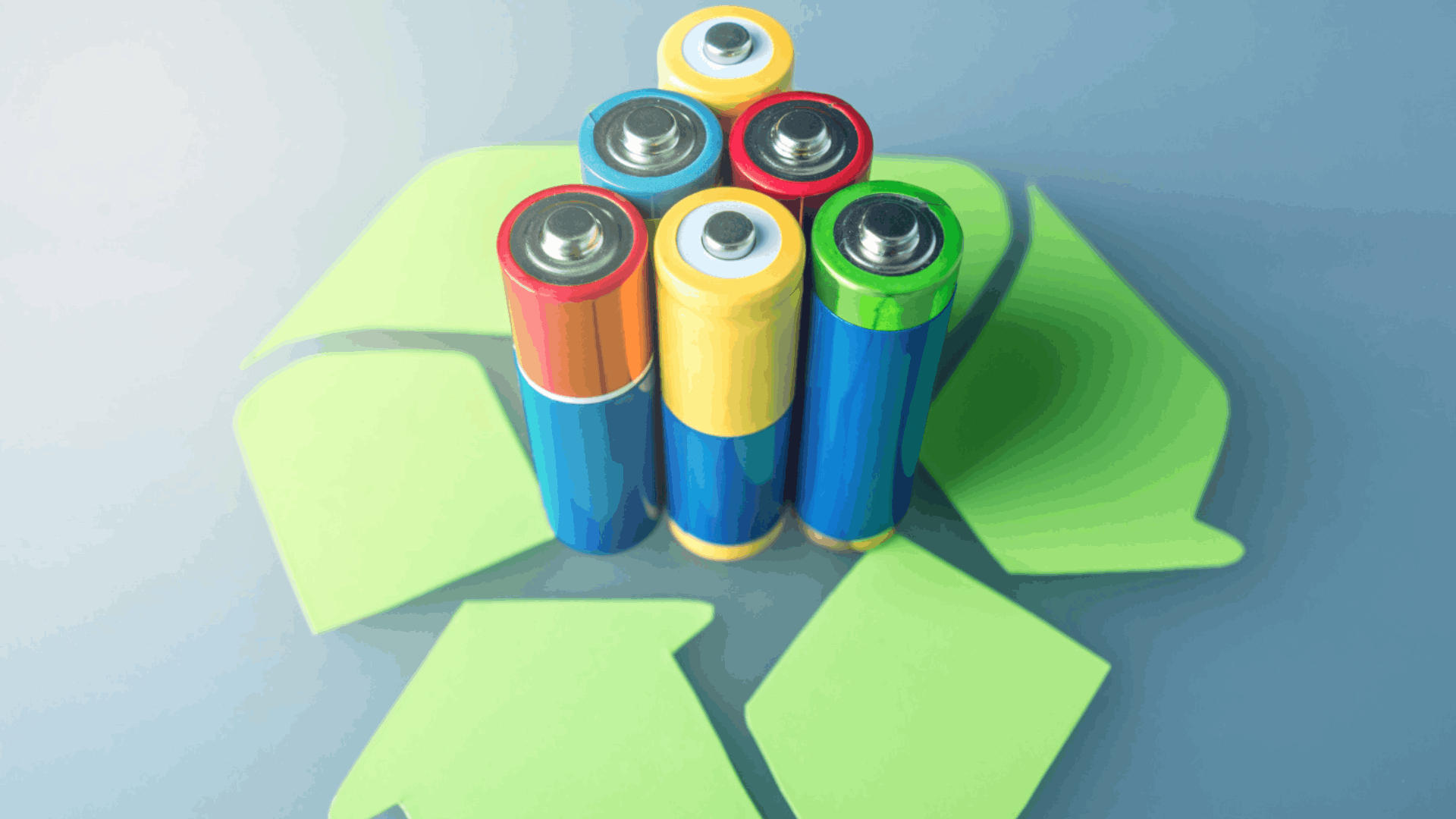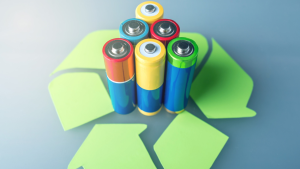![]()
Harnessing Sustainability: The Social Responsibility of Establishing Lithium-Ion Battery Recycling Plants in India: In recent years, the global surge in electric vehicles and renewable energy storage has led to a major increase in the demand for lithium-ion batteries. As this demand continues to grow, so does the urgency to address the environmental impact of discarded batteries. One promising solution is the establishment of lithium-ion battery recycling plants, which not only contribute to environmental sustainability but also carry a profound social responsibility. This blog explores the social impact of establishing such recycling facilities in India, emphasising job creation and community engagement initiatives.
Environmental Imperative:
Lithium-ion batteries, while instrumental in advancing green technologies, pose environmental challenges due to the presence of hazardous materials. Improper disposal of these batteries may result in soil and water contamination, endangering both the environment and human health. Establishing recycling plants becomes crucial in mitigating these risks and minimising the carbon footprint associated with battery production.
Job Creation:
One of the most significant social benefits of lithium-ion battery recycling plants is the potential for job creation. These facilities require a diverse range of skilled workers, from engineers and technicians to logistics and administrative staff. Additionally, the collection and transportation of used batteries create opportunities for workers at various levels, fostering economic growth in both urban and rural areas.
Skilling and Training Initiatives:
To maximise the positive impact on employment, it is essential to implement skilling and training initiatives. By partnering with educational institutions and vocational training centres, recycling plants can contribute to the development of a skilled workforce. This not only addresses the immediate employment needs of the industry but also empowers individuals with transferable skills, enhancing their employability in the broader job market.
Promoting Gender Equality:
Battery recycling plants can play a role in promoting gender equality by actively encouraging the participation of women in the workforce. Initiatives such as targeted recruitment, training programs, and flexible work arrangements can create an inclusive environment. As the industry evolves, fostering gender diversity ensures that the benefits of job creation are equitably distributed.
Community Engagement Initiatives:
Beyond job creation, the establishment of lithium-ion battery recycling plants provides an opportunity for meaningful community engagement. Partnering with local communities can lead to the development of sustainable relationships that go beyond the immediate economic benefits. Community involvement can take various forms, including educational programs, awareness campaigns, and collaborative environmental initiatives.
Environmental Education Programs:
Engaging with local communities involves raising awareness about improper battery disposal’s environmental impact and recycling’s importance. Recycling plants can collaborate with schools and community organisations to develop educational programs highlighting each individual’s role in creating a sustainable future. These programs can extend to practical demonstrations of recycling processes, making the information more accessible and relatable.
Health and Safety Workshops:
The proper handling of batteries and recycling processes is crucial for the health and safety of both workers and the surrounding communities. Recycling plants can organise workshops and training sessions on safety protocols, waste management, and emergency response procedures. These initiatives contribute not only to the well-being of the community but also demonstrate the commitment of the industry to responsible practices.
Community Environmental Projects:
To strengthen ties with local communities, recycling plants can initiate or support environmental projects. This may include tree planting campaigns, water conservation initiatives, or waste reduction programs. By actively participating in community development, recycling plants become integral to the overall well-being of the regions they operate in.
Investing in Infrastructure:
The establishment of recycling plants necessitates investment in infrastructure, creating a positive ripple effect on the local economy. Improved roads, energy supply, and waste management systems benefit not only the recycling facility but also the surrounding communities. These investments contribute to the overall development and enhance the quality of life in the region.
Conclusion:
Establishing lithium-ion battery recycling plants in India is not only an environmental necessity but also a powerful avenue for social responsibility. Through job creation, skilling initiatives, gender equality promotion, and community engagement programs, these plants can become catalysts for positive change. By weaving sustainability into the fabric of their operations, recycling facilities can foster a holistic approach to environmental and social stewardship, creating a more resilient and responsible future for India.





